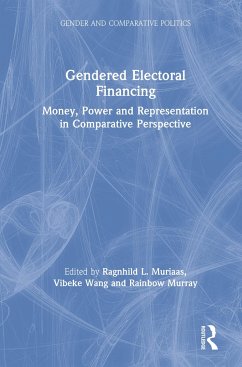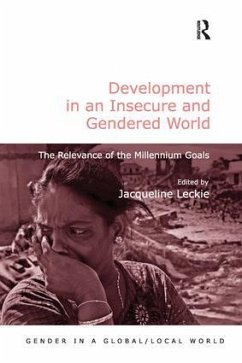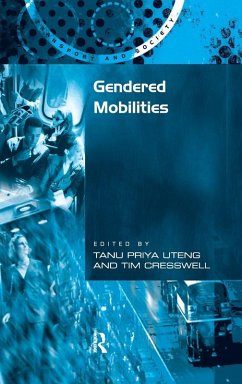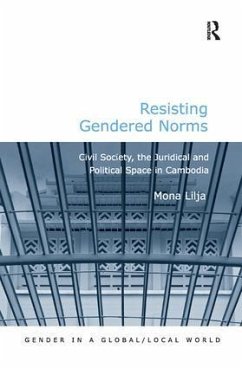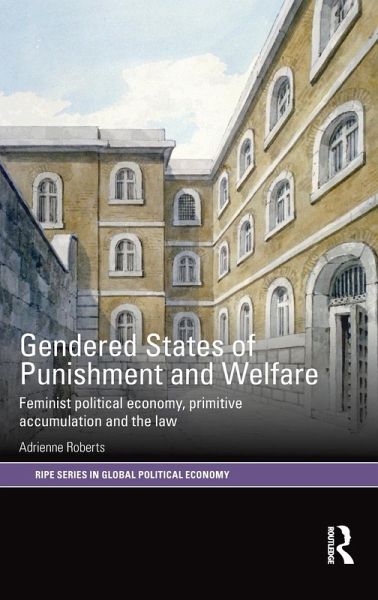
Gendered States of Punishment and Welfare
Feminist Political Economy, Primitive Accumulation and the Law
Versandkostenfrei!
Versandfertig in 1-2 Wochen
176,99 €
inkl. MwSt.
Weitere Ausgaben:

PAYBACK Punkte
88 °P sammeln!
This book presents a feminist historical materialist analysis of how the law, policing and penal regimes have overlapped with social policies to coercively discipline the poor and marginalized sectors of the population throughout the history of capitalism. It explores issues related to the nature of the capitalist state, the creation and protection of private property, the governance of poverty, the structural compulsions underpinning waged work and the place of women in paid and unpaid labour. It offers an important theoretical and empirical contribution that disrupts the tendency for mainstr...
This book presents a feminist historical materialist analysis of how the law, policing and penal regimes have overlapped with social policies to coercively discipline the poor and marginalized sectors of the population throughout the history of capitalism. It explores issues related to the nature of the capitalist state, the creation and protection of private property, the governance of poverty, the structural compulsions underpinning waged work and the place of women in paid and unpaid labour. It offers an important theoretical and empirical contribution that disrupts the tendency for mainstream and critical work within IPE to view capitalism primarily as an economic relation.




